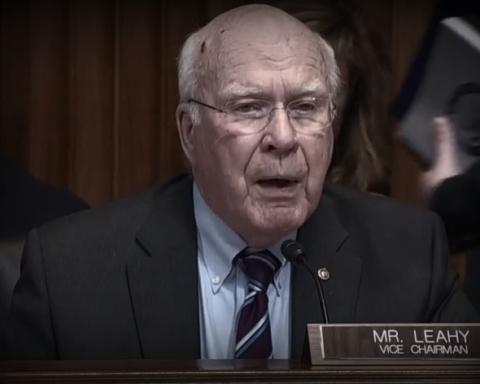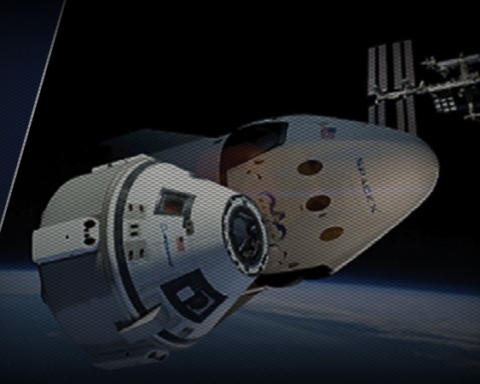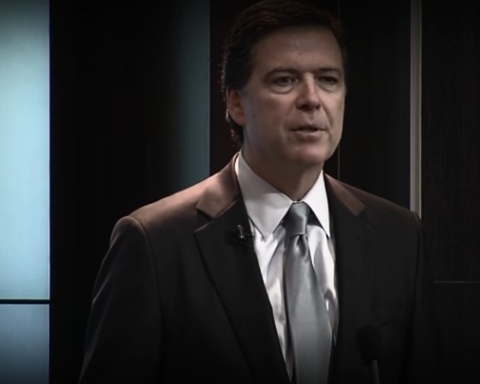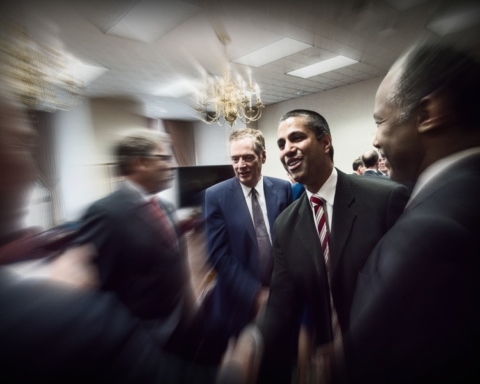Federal Aviation Administration officials told a government watchdog that the agency doesn’t intend to issue safety regulations on the burgeoning commercial space launch industry, and plan to allow rocket ship makers to regulate themselves—despite three noteworthy mishaps in the last year.
A moratorium that prevents the FAA from issuing regulations to preserve the safety of crew and spaceflight participants is set to expire at the end of September, and the agency informed the Government Accountability Office that it “has no plans to issues regulations” in its lapse.
GAO also reported that the FAA supports “looking to industry to develop industry consensus standards” over the creation of standards by rule-making.
The government watchdog took exception with the FAA’s perceived lack of foresight on the matter. The report noted that in 2006, the GAO recommended the FAA be “proactive about safety” and that it “identify and continually monitor space tourism industry safety indicators that might trigger the need to regulate the safety of crew and spaceflight participants before the moratorium expires.”
GAO characterized FAA’s current approach as one that only requires action “after a fatality or serious incident occurs.”
The billion dollar commercial space launch sector has grown rapidly in recent years following the shuttering of NASA’s shuttle systems. There were 14 US commercial launches in 2014, up from zero lift-offs in 2011.
The rise can be attributed to NASA’s increased use of private companies like SpaceX to run supply missions to the International Space station.
It has also left the FAA—the industry in charge of licensing the launches—scrambling to fulfill its oversight mission. The agency has asked for a 16% increase in its overall budget for next year.
Although the FAA is allowed rule-making authority to safeguard the public during space launches, a 2004 law barred it from regulating the safety of spaceflight crews. The regulatory moratorium expires on September 30, and some in Congress are aiming to extend it through 2025.
Space industry representatives interviewed by GAO, supported an extension, claiming the move would give the space tourism sector “more time to develop” and adapt to “changing technologies.”
One company interviewed, however, objected, and called for immediate regulations, arguing that they are “needed to provide protection against companies that may not be safe.”
The unnamed company representative added that “the lack of FAA regulations defining what is considered ‘safe’ for spaceflight participants will increase the vulnerability of the commercial human spaceflight industry to public outcry if loss of life occurs due to a mishap.”
Should an accident occur within a framework of regulation, the individual noted, “then a mishap will appear as a regrettable but inevitable part of any transportation industry’s growth.”
There have been three high profile accidents in the commercial space launch sector in just the last year alone. The most serious of the three occurred on October 31, 2014, when a vehicle known as “SpaceShip Two” crashed in the Mojave Desert, killing the co-pilot.
The doomed test flight was conducted by Scaled Composites on behalf of Virgin Galactic—a conglomerate intent on jumpstarting the space tourism industry.





